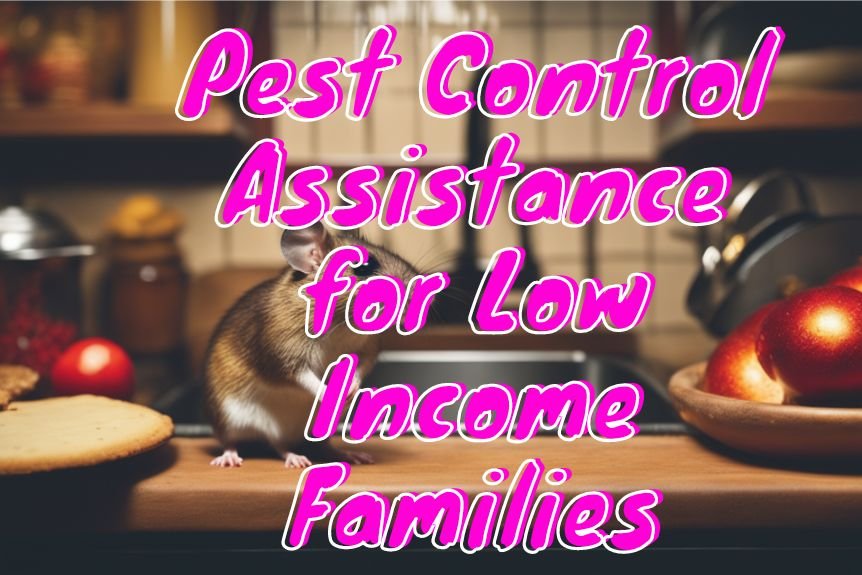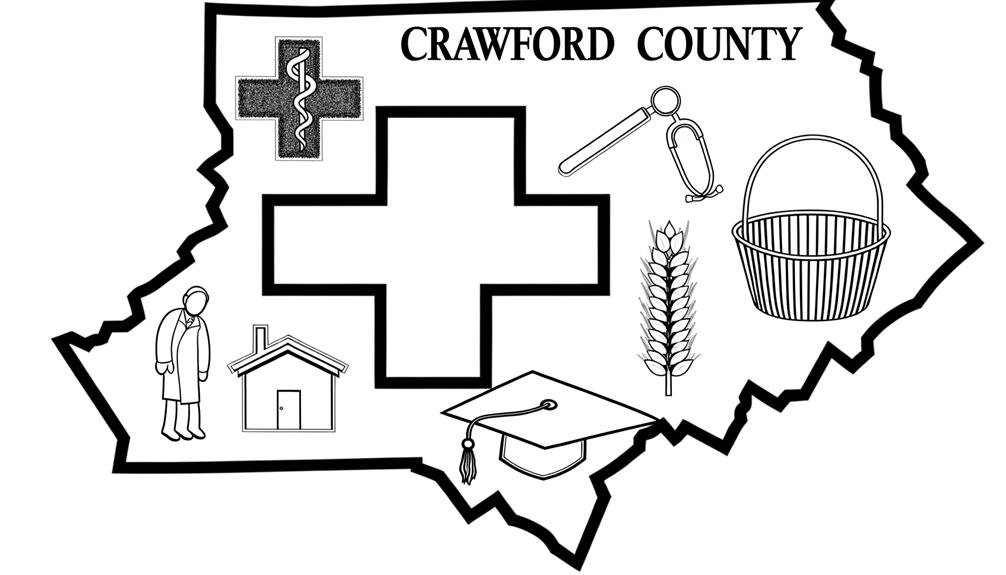Financial literacy is not a luxury, but a necessity for low-income families. It is a tool that can empower you to take control of your financial situation and build a brighter future.
So, what exactly does financial literacy entail? How can it help you improve your financial well-being? And most importantly, where can you find the resources and support you need to become financially literate?
In this discussion, we will explore these questions and more, providing you with valuable insights and practical tips to navigate the complex world of personal finance.
Stay tuned to uncover the secrets to achieving financial stability and breaking free from the constraints of limited income.
Importance of Financial Literacy

Financial literacy is crucial for low-income families as it equips them with the necessary skills and knowledge to improve their financial situation. Having strong financial literacy skills can help individuals make informed decisions about their personal finance and develop good financial habits. It’s important to provide financial education and resources to low-income families to help them manage their money effectively.
By teaching money management and promoting good financial habits, financial literacy can help individuals in low-income families develop skills that lead to better financial outcomes. This includes budgeting, saving, and understanding credit. With national financial literacy efforts, we can help parents gain the knowledge they need to make sound financial decisions for themselves and their families.
Financial literacy also supports poverty reduction efforts. By empowering individuals with the tools and knowledge to navigate the complexities of personal finance, we can help low-income families break the cycle of poverty. It’s essential to provide personal education and resources to ensure that everyone has access to the information and skills needed to make positive financial choices.
Access to Financial Resources

Now that we understand the importance of financial literacy for low-income families, let’s explore the access to resources that can empower individuals to improve their financial situations.
Access to financial resources is crucial for low-income families to gain the necessary financial knowledge and skills to manage their money effectively and achieve financial stability. There are several avenues available for low-income families to access financial education and coaching to improve their understanding of personal finances.
One resource is the Attorney General of Texas, which focuses on consumer protection for seniors and provides education and resources through its website and helpline. The Consumer Financial Protection Bureau (CFPB) is another valuable resource that enforces federal consumer financial laws, handles complaints, and monitors financial markets for risks. Additionally, the Federal Deposit Insurance Corporation (FDIC) addresses complaints about FDIC-supervised institutions and provides information on consumer laws and regulations.
The Federal Reserve Bank of Dallas offers resources to support economic growth, financial stability, and assist low- and moderate-income households. Furthermore, the National Industry Standards for Homeownership Education and Counseling provides guidelines for quality homeownership and counseling services.
Strategies for Financial Well-being

To achieve financial well-being, it’s essential to implement effective strategies that can help you manage your money and achieve your financial goals. Here are three strategies that can help low income families improve their financial well-being:
- Create a monthly budget: Tracking your income and expenses can help you understand where your money is going and make informed decisions about spending. By creating a budget, you can prioritize your expenses and allocate your money wisely.
- Build an emergency fund: Having an emergency fund is crucial for low- and moderate-income families. It provides a safety net for unexpected expenses and helps you avoid relying on high-interest loans or credit cards. Start by setting aside a small amount each month and gradually increase it over time.
- Seek out financial education: Take advantage of free financial education classes and resources provided by local organizations and government agencies. These programs can help you improve your money management skills and make informed financial decisions.






